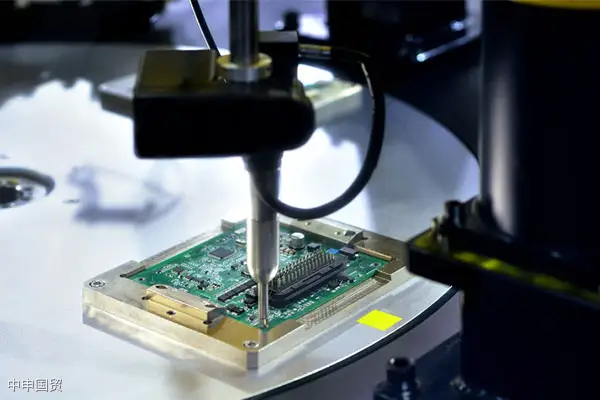- Shanghai Zhongshen International Trade Co., Ltd. - Two decades of trade agency expertise.
- Service Hotline: 139 1787 2118
According to a Bloomberg report on March 6, the U.S. is attempting to increase pressure on allied countries including the Netherlands, Japan, Germany, and South Korea to further strengthen export controls on Chinas semiconductor technology. However, this move has not received positive responses from all allies, with the Netherlands and Japan showing lukewarm attitudes toward stricter measures.

The report cited sources familiar with the matter, stating that the U.S. is particularly pressuring the Netherlands to prevent Dutch lithography giant ASML from providing services and maintenance to Chinese clients, especially for sensitive chip manufacturing equipment sold before the implementation of new export controls this year. Meanwhile, the U.S. is urging Japan to restrict exports of key chemicals for chip manufacturing, such as photoresists, to China.
Sources revealed that this issue was raised during an export control meeting held in Tokyo last month by U.S. Commerce Department officials. Nevertheless, Dutch and Japanese officials remain cautious about adopting stricter measures, stating they wish to first assess the impact of existing restrictions.
Additionally, the U.S. hopes to include Germany and South Korea in a broader export control agreement that already covers the Netherlands and Japan. The U.S. believes these four countries, due to their critical roles in the global semiconductor supply chain, are key to strengthening export controls against China.
Although the U.S. is attempting to increase pressure on Chinas semiconductor industry by expanding its alliance network, it remains unclear whether this strategy will succeed. Currently, ASML, the Dutch trade ministry, Japans Ministry of Economy, Trade and Industry, and relevant U.S. departments have not commented on the news.
This move reflects the U.S.s determination to curb Chinas semiconductor industry development while highlighting how the global semiconductor sector is becoming part of international political maneuvering. As semiconductor technology grows increasingly vital to the global economy and military, related export controls and their worldwide impact are drawing more attention from countries and companies.
Related Recommendations
? 2025. All Rights Reserved. 滬ICP備2023007705號-2  PSB Record: Shanghai No.31011502009912
PSB Record: Shanghai No.31011502009912









